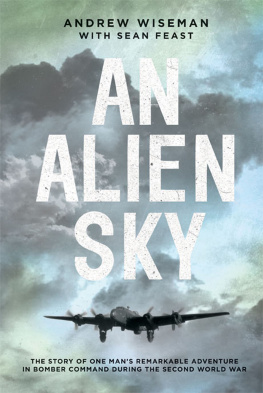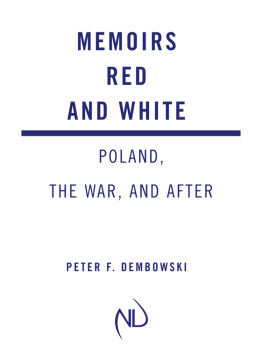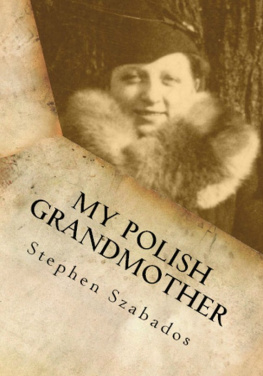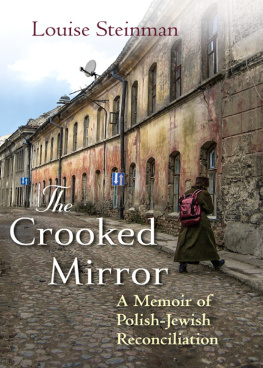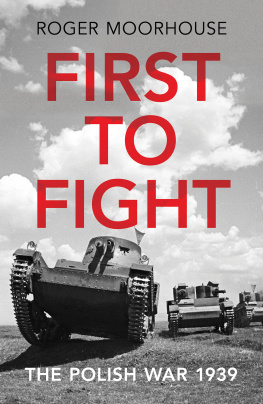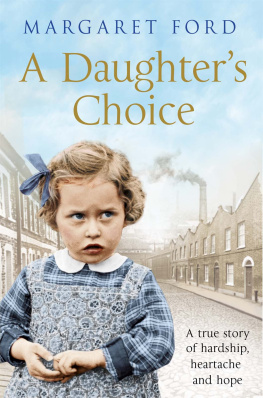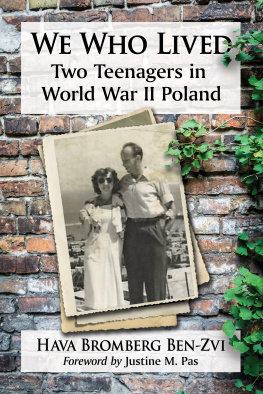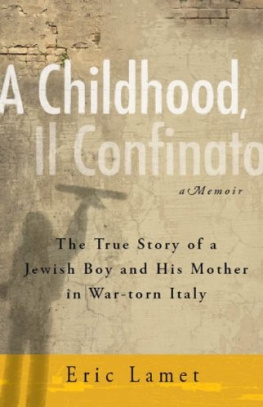DEDICATION
To Jean for her love and patience
Publishers Note: The reader will find shaded sections of text throughout Andy Wisemans account. These have been prepared and written by Sean Feast for clarification purposes.
Published by
Grub Street
4 Rainham Close
London
SW11 6SS
Copyright Grub Street 2015
Copyright text Andrew Wiseman 2015
Copyright text Sean Feast 2015
A CIP record for this title is available from the British Library
Print ISBN: 9-781-909808-25-6
Digital ISBN: 9-781-910690-84-0
All rights reserved. No part of this publication may be reproduced, stored in a retrieval system, or transmitted in any form or by any means electronic, mechanical, photocopying, recording or otherwise, without the prior permission of the copyright owner.
Edited by Natalie Parker
Printed and bound by Finidr, Czech Republic
CONTENTS
466 Squadron RAAF
A brief history |
|
FOREWORD
I have known Andy for some 20 years but our paths ran parallel for many years before that. We were both incarcerated in Stalag Luft III in Silesia, which has become well known as the scene of the Great Escape. There is no doubt that the creation of the tunnel was one of the most audacious exploits of the Second World War and was justified, despite the tragic consequences of the murder of the 50 officers.
Andy led a unique life. He was born in Berlin and went to school there until he was 13 years of age, during which time he tried but failed to become a member of the Hitler Youth Organisation. Coming to England, he joined the Royal Air Force which changed his name from Weizman to Wiseman and his religion from Jewish to Church of England. Shot down in 1944, he became the interpreter for the senior British officer (SBO) in Luft III and witnessed at first hand the closing stages of the war.
We experienced the same Long March in 1945 but went different ways at Spremberg, where we crowded into cattle trucks. Andy finished up at Luckenwalde, from where he was eventually liberated by the Russians.
His civilian career with the BBC was equally distinguished and after he retired we spent many hours returning to Germany with RAF personnel, re-enacting the first stage of the Long March. This brought us many new friends throughout the world.
I am delighted that he has recounted his life story and illustrated what has been such an interesting period of history, of which people should be more aware. I am very proud to have known Andy and I am sure you will find his story as fascinating as I have.
Air Commodore Charles Clarke OBE
Chairman of the Bomber Command Association
President/Chairman of the RAF ex-Prisoners of War Association
CHAPTER ONE
AN ALIEN ABROAD
I have been asked many times what was going through my mind on the night we were shot down. Was it panic? Was it fear? Was it regret for all the things I hadnt done and would now probably never get the chance to do? No, it was none of those things. I was taken over by a single, perhaps some might even think selfish thought: that I must get out. I must survive.
This survival instinct came partly from my parents, and partly from my culture. I was born, into an eclectic world, Andr Weizman on a perishing winters day on January 20, 1923, in one of the coldest cities in Europe Berlin. My father Julian was Polish by nationality and Jewish by faith; my mother, an American a fact that would later save her life.
The local Berlin newspaper that day was full of news about French and Belgian troops who had marched into the Rhineland. It included an item that said that Berlin hotels had been ordered to refuse rooms to French or Belgian guests, that Adolf Hitler had attended a committee meeting in Munich and that butter was no longer being served in Berlin restaurants. For some strange reason, however, there was no reference to my birthday.
The First World War was still a painful memory and the humiliation of surrender and defeat even more so. Germany was obliged to repair for its folly in gold-backed marks, and by forfeiting part of the production of the Ruhr and the province of Upper Silesia. The country, under the fragile Weimar Republic, was still in a state of economic and political flux. The war had been financed by government borrowing, not savings and taxation, and was expected to be short. So when Germany lost, financial disaster was virtually guaranteed, compounded by a vengeful French military intent on ensuring the Germans paid back every penny detailed in the Treaty of Versailles. The economic free-fall peaked in 1923 with a dramatic phase of hyperinflation. At one point, a single US dollar was the equivalent of one trillion marks, and a barrow load of notes was only just sufficient to buy a loaf of bread or a newspaper.
The end to the financial chaos came almost as quickly as it had started, and the miracle of the rentenmark. Although its currency was worthless, Germany was still an ostensibly rich country, and the president of Germanys Reichsbank mortgaged the wealth of the countrys farms, mines, factories and land to back a new currency, the rentenmark, with one rentenmark the equivalent of one billion old marks. Although there was no real value to such assets (the mortgages were fiction; the land could not be turned into cash or used abroad), a belief began to return to the German people, and with this belief came a return to what appeared at least outwardly to be a normal functioning economy.
The fact that millions of people had lost their savings, their self-esteem, and needed a scapegoat was exploited by a certain German army corporal, Adolf Hitler. His fledgling National Socialist Party began its inexorable rise to power, promising the German people that their money and their honour would be restored.
Against this background and a need to forget, the Berlin socialites were determined to party. For a brief few years before the start of the global economic downturn and Hitler finally seizing power, Berlin ranked alongside Paris as Europes party capital. New bars, restaurants and theatres began to thrive; more risqu shows and cabarets became fashionable, and huge cinemas built with full-sized symphony orchestras which provided live music to accompany silent films.
As a family we were modestly wealthy, moving in the classic middle-class circles of the time. Father was a good-looking, intelligent young man who had obtained a PhD from the university at St Petersburg and whose family had money. He ran a rather successful antiquarian bookshop, selling primarily Russian volumes, and was both well connected particularly with those in the diplomatic service and politically astute. My mother, Stella, was equally well connected, and his social equal, albeit that she had more time for soires and opera than politics. She would walk into restaurants and never look at the menu; she would simply order what she wanted, much to my embarrassment.
Her father, Julius Rosenberg, was a Latvian Jew who held the concession to provide, of all things, ice cream to the Russian army. It allowed him to accumulate considerable wealth but soon after the Russian Revolution of 1917 he was obliged to leave for Berlin. The German capital was one of the most cosmopolitan in the world at that time and attracted all nationalities and creeds, especially those who had money. There was a very active Russian colony who revelled in the high culture the city had to offer. Indeed one of my first ever memories is being taken to the Berlin opera (my father had his own box), aged five, and being so bored that I spent the entire evening counting bald heads from my elevated position.
My mother was a great traveller and it was on one of her journeys that I learned one of my first true lessons in life. I was accompanying her to Paris, and she was ahead of me as we were boarding the train. As usual she had a tremendous amount of luggage with her and was standing by the first-class compartment. I went to follow her into the carriage, only to be told in no uncertain terms that whilst she might be travelling first class, I most certainly was not and was promptly given my third-class ticket. Money, it seemed, did not grow on trees. Indeed there were other incidents from my childhood that provide the context for my character in later life. I recall once my mother asking the maid for a glass of water, and I enquired whether she would fetch me one too. My mother told me to get it myself. We lived in an enormous apartment with many rooms, and one day over luncheon my father observed, rather pointedly, that there was no salt on the table. No, my mother said. Where is it? he asked. In the kitchen, she replied, at which point my father added, wheres the kitchen? He honestly didnt know, and I cant recall today whether he ever found it.
Next page
